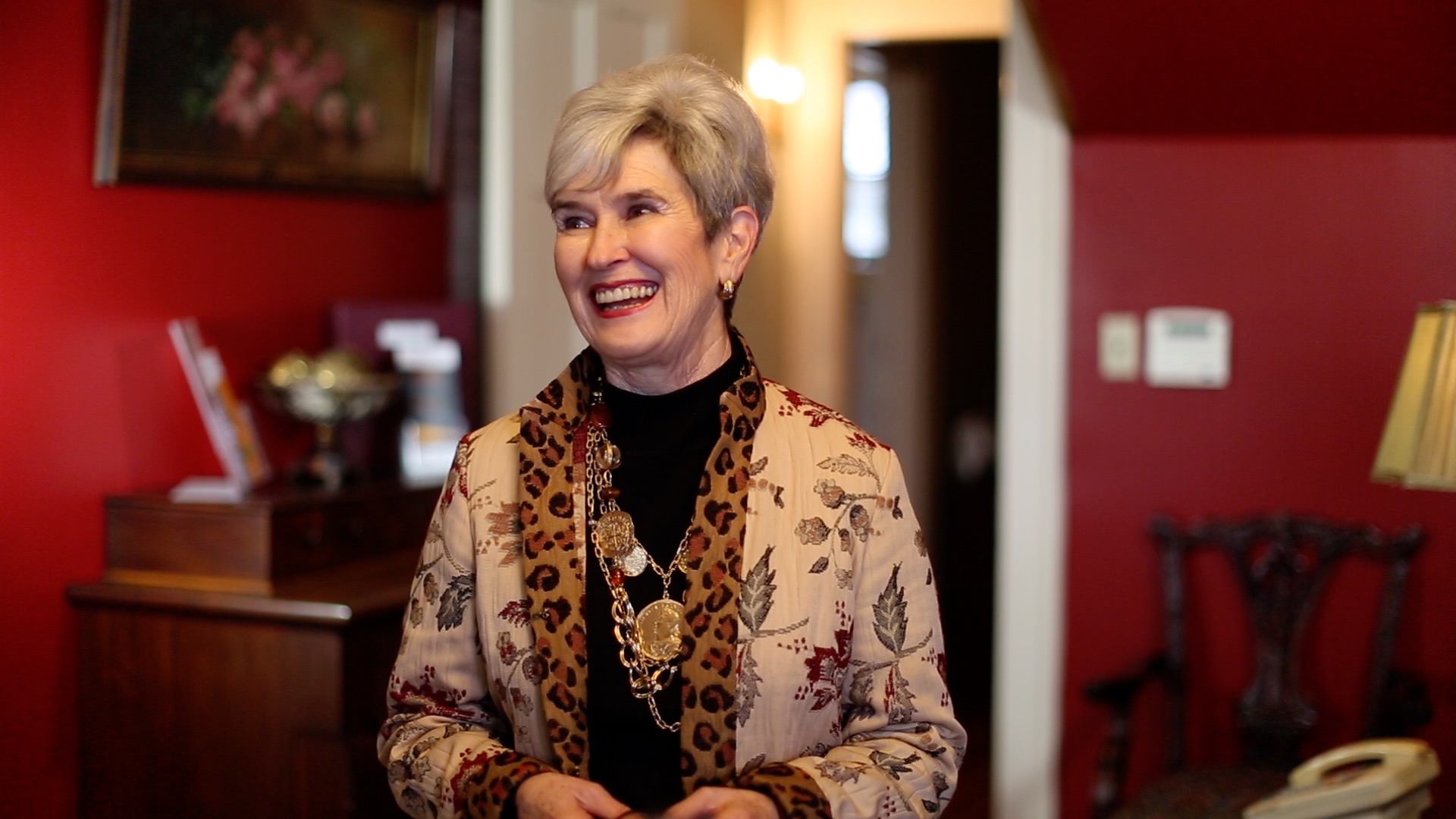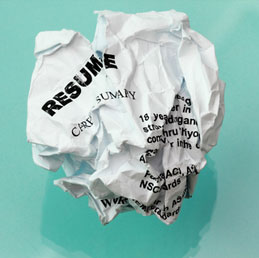You finally landed an interview for your dream job, now what? The proper interviewing technique can be broken up into a three step process: preparation, presentation, and pursue. Each step is a key ingredient in the recipe for success.
Step One: Preparation:
One of the biggest mistakes you could make is going into an interview unprepared. Know as much as you can about the company, your interviewer, and the position you are applying for. During the interview you will be tested on your knowledge of these subjects, so expect questions such as, “What do you know about our company?” “Tell me why you would be a good fit for this position specifically,” and “How do you see yourself fitting into the company?” If you don’t prepare for your interview, these questions will be almost impossible to answer, and not only does it show you did not prepare, it also seems as though you don’t really care, or you don’t really want the job. During this step, you should research as much as you can about the company, practice interview questions, have two or three intelligent questions to ask your interviewer, and have a professional outfit selected.
Step Two: Presentation:
The time has come, and it’s time for you to present your best self. The key to succeeding in this step is to stay relaxed and be confident! All of that built up anxiety and anticipation will only hold you back if you allow it to. The first component of being successful in this step is the handshake. Make sure it’s a firm handshake, you make eye contact, and don’t forget to smile! When the interviewer is asking questions make sure to sit up straight, maintain eye contact, and speak clearly. If you get stuck on a question, don’t be afraid to pause for a second and collect your thoughts. It is much more impressive to an interviewer that you carefully choose your words, than ramble off the first thing that pops into your head. Finally, don’t forget to ask questions at the end of the interview when you are prompted to. You can even write down a few beforehand, so you don’t forget in the heat of the moment.
Step Three: Pursue
This final step is often taken for granted, or even forgotten. You have made a great impression on the interviewer, but forgetting to follow up, could be your largest mistake. Taking the time to thank your interviewer, or multiple interviewers, shows that you truly care about their time and that you really want the job. Sending a simple thank you email will suffice, however, if you really want to stand out, send a handwritten thank you note on nice stationary to go the extra mile. These responses should be sent out within 24 hours of when you interview, especially if it has to go through snail mail. In your note, or email, make sure you include how much you appreciated them taking the time to speak with you, why you like the company, and reiterate why you would be the right fit for this position.
For more interview tips visit our website!







